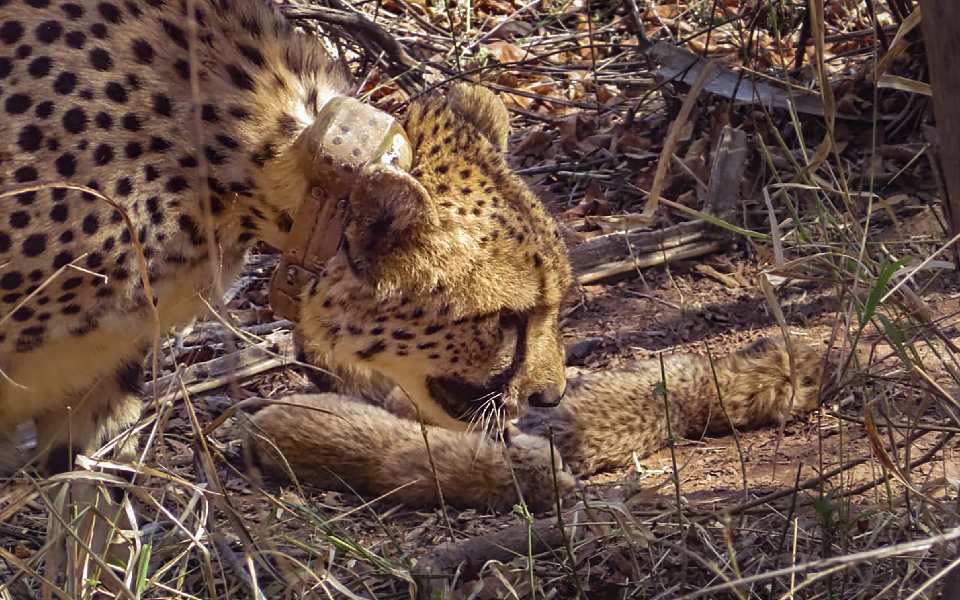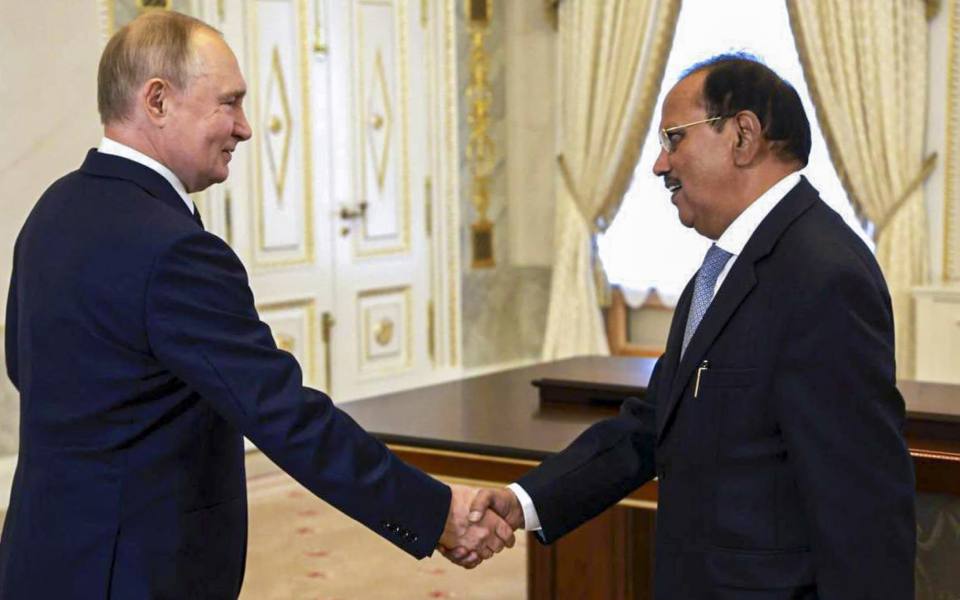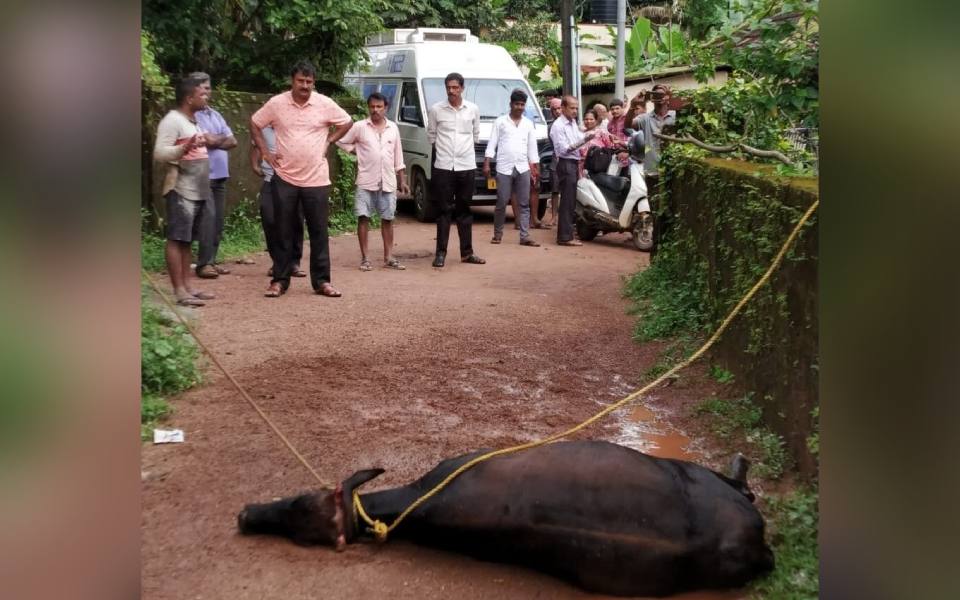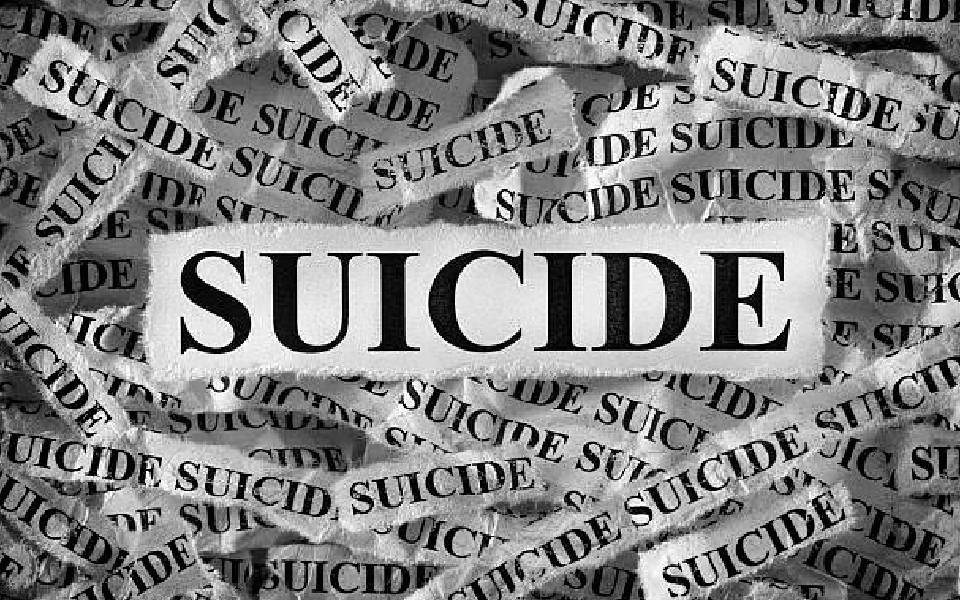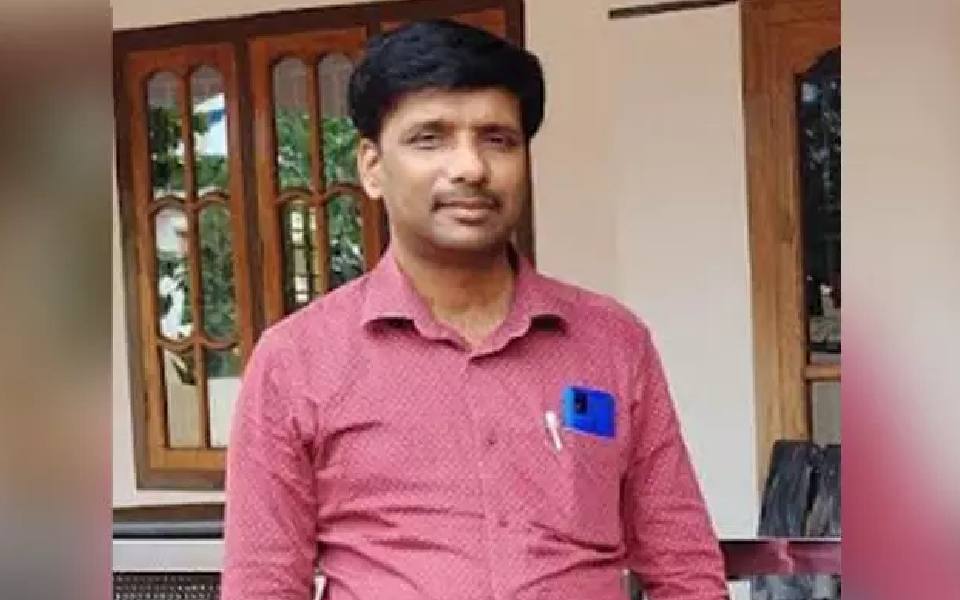New Delhi, Aug 24: African cheetahs brought to India as part of the world's first intercontinental translocation of big cats will soon roam free again in the wild, nearly a year after they were returned to enclosures in Madhya Pradesh's Kuno National Park for health check-ups and monitoring, according to officials.
Officials told PTI that the Centre's Cheetah Project Steering Committee decided on Friday to release the African cheetahs and their cubs, born in India, into the wild in a phased manner after the monsoon withdraws from central parts of the country.
According to the India Meteorological Department (IMD), the monsoon normally withdraws from most areas in Madhya Pradesh by the first week of October.
"Members of the committee and NTCA (National Tiger Conservation Authority) officials conducted field visits to Kuno and discussed the schedule for releasing the cheetahs. While adult cheetahs will be released into the wild in phases once the rains end, the cubs and their mothers will be released after December," an official said.
All 25 cheetahs -- 13 adults and 12 cubs -- are doing well. The animals have been administered vaccines to safeguard them against diseases and given prophylactic medicine to prevent infection, according to the official.
The first batch of eight cheetahs from Namibia was introduced in India in September 2022, and the second batch of 12 cheetahs was flown in from South Africa last February.
The cheetahs were initially released into the wild but were brought back to their enclosures by August last year after the death of three -- a female named Tbilisi (from Namibia) and two South African males, Tejas and Sooraj, due to septicemia.
Septicemia is an infection that occurs when bacteria enter the bloodstream and spread.
This condition arose from wounds under the cheetahs' thick winter coats on their backs and necks, which became infested with maggots and led to blood infections, according to the government's annual report on Project Cheetah.
Officials had earlier told PTI that the unexpected growth of winter coats by some cheetahs during the Indian summer and monsoon, in anticipation of the African winter (June to September), was a major challenge in managing the animals in India during the first year.
"Even African experts did not expect this. The winter coat, combined with high humidity and heat, caused itching, leading the cheetahs to scratch their necks on tree trunks or the ground. This resulted in bruises and exposed skin, which attracted flies that laid eggs, leading to maggot infestations, bacterial infections and ultimately, the deaths of three cheetahs," said S P Yadav, Director General of the International Big Cat Alliance and former NTCA member secretary.
The deaths prompted the steering committee to recommend that "future cheetahs for reintroduction should be sourced from countries in the Northern Hemisphere, such as Kenya or Somalia, to avoid biorhythmic complications".
The steering committee had prepared a plan in December last year to release the cheetahs into the wild, but it was not implemented.
Currently, only one cheetah, named Pavan, is roaming free, with officials noting that he is difficult to spot and capture.
Though such "experimental" projects come with challenges and expected mortalities, experts in both India and Africa have expressed concerns about keeping the cheetahs in enclosures for extended periods.
"The cheetahs are not truly living in the wild, despite spending two years on Indian soil. Cheetahs prefer long journeys, and they could be under severe stress," an African expert who assisted with the cheetah reintroduction in India said on condition of anonymity.
"Based on global experience and Namibian laws and policies, my understanding is that it is not a good idea to release these cheetahs because of their extremely long period of captivity, especially the captive-born cubs," said Ravi Chellam, CEO of Metastring Foundation and Coordinator, Biodiversity Collaborative.
Another African expert said the cheetahs are fit enough for the wild if they have been hunting for themselves in enclosures and have not been provided with supplementary feeding.
"They may have also received antiparasitic medications, which could help them during the monsoon, but this might reduce their ability to develop natural immunity to these parasites once they are released," the expert said.
Since their arrival in India, seven adult cheetahs -- three females and four males -- have died, including four due to septicemia. All these deaths occurred between March 2023 and January 2024.
Seventeen cubs have been born in India and 12 of them survived. This brings the total number of cheetahs, including cubs, in Kuno to 25, all but one of which are currently in enclosures.
Let the Truth be known. If you read VB and like VB, please be a VB Supporter and Help us deliver the Truth to one and all.
New Delhi, Sep 12: National Security Advisor Ajit Doval on Thursday briefed Russian President Vladmir Putin on Prime Minister Narendra Modi's talks with Ukrainian President Volodymyr Zelenskyy in Kyiv amid renewed efforts to find a peaceful solution to the Ukraine conflict.
Doval met Putin at the Konstantinovsky Palace in St Petersburg on the margins of a conclave of the (Brazil-Russia-India-China-South Africa) grouping.
"As the prime minister told you during a telephone talk that he was keen to brief you about his visit to Ukraine and his meeting with President Zelenskyy. He (PM Modi) wanted me to come and personally brief you about the talks," Doval told the Russian President.
The NSA said the Modi-Zelenskyy talks were in a very "close format".
"I have come here on the direction of Prime Minister Modi who has conveyed his highest regards to you. His visit to Moscow was greatly successful and he was highly satisfied with the visit," Doval was heard conveying to Putin in a video released by Russian media.
The Putin-Doval meeting came nearly three weeks after Modi travelled to Ukranian capital Kyiv and held talks with Zelenskyy.
Last week, the Russian President, speaking at a panel discussion at the Eastern Economic Forum in the Russian city of Vladivostok named India, Brazil and China as possible intermediaries that could play a role in resolving the conflict.
In the meeting with Doval, Putin proposed a bilateral meeting with Modi on October 22 on the sidelines of the BRICS summit in the Russian city of Kazan next month.
The summit of the grouping will be held in Kazan from October 22-24. Modi is set to attend the summit.
In his talks with Zelenskyy, Modi said both Ukraine and Russia should sit together without wasting time to end the ongoing war and that India was ready to play an "active role" to restore peace in the region.
The prime minister said India was on the side of peace since the beginning of the conflict and he would even like to contribute personally for a peaceful resolution of the crisis.
Modi's nearly nine-hour visit to Ukraine, the first by an Indian prime minister since its independence in 1991, came six weeks after he held summit talks with Putin in Moscow.
In the last few days, there has been calls for India's potential role in pushing peace talks between Russia and Ukraine as New Delhi has good relations with both the nations.
India has been maintaining that the conflict in Ukraine must be resolved through dialogue and diplomacy.
On Saturday, Italian Prime Minister Giorgia Meloni following her talks with Zelenskyy said India and China can play a role in finding a solution to the dragging conflict.
A Kremlin readout of Putin-Doval meeting said the Russian president "noted the successful development of the Special and Privileged Strategic Partnership between India and Russia and stressed the importance of security issues in bilateral relations, thanking the Indian side for maintaining dialogue in this area."
It said the Russian president proposed the bilateral meeting with Modi to "summarise the outcomes of joint work" on the implementation of the agreements reached during the Indian leader's visit to Moscow and to outline prospects for the near future.
"We are waiting for our good friend Modi and best regards to him," the Russian media quoted Putin as saying in the meeting with Doval.
On Wednesday, the NSA held wide-ranging talks with his Russian counterpart Sergei Shoigu focusing on important issues of "mutual interests".
"Both sides reviewed progress in bilateral cooperation and discussed important issues of mutual interest," the Indian embassy in Russia said on the talks between Doval and Shoigu.

